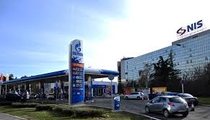Minister Malaj: Per capita income grew faster than in other Western Balkan countries
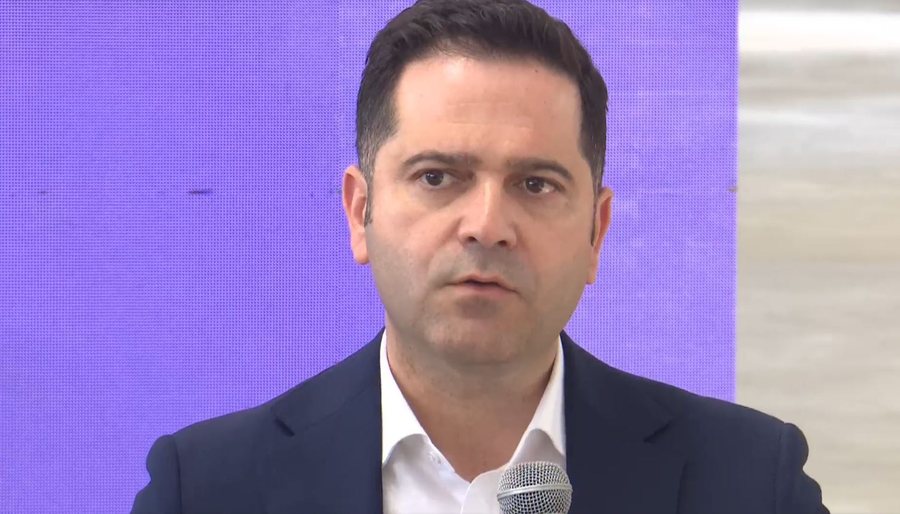
Prime Minister Edi Rama, Minister of Finance, Petrit Malaj and Minister of State for the Protection of Entrepreneurship, Dalina Ibrahimaj presented the “Fiscal Peace” package during a conversation with business representatives in Elbasan. In his speech, Minister Malaj stated, among other things, that per capita income in Albania has grown faster than in other Western Balkan countries.
Following is the speech of the Minister of Finance, Petrit Malaj
I would like to start by first describing the economic situation, but looking at it in a 10-year plan, that is, what has happened over the last 10 years. This is important because we must understand that in 2013, when this political force led by Prime Minister Edi Rama took office, it found a country with empty coffers, it found a country with an unemployment rate of over 17%, it found a country with hidden debts and a public debt of over 70%. Thanks to the reforms undertaken, of course often and painfully, Albania has undergone an extraordinary economic transformation, and this is the first of its kind not only on a national level but also compared to the countries of the region.
If we were to refer to the main indicator, Gross Domestic Product, in 2013, when we took office, it was only 9.6 billion Euros and today the Gross Domestic Product is 25 billion Euros, while according to our projections, in 2013, the Gross Domestic Product will be 35 billion Euros.
If we were to refer again to the Gross Domestic Product or GDP of the region, the GDP growth in the Western Balkan countries over the last 10 years has been around 60%, while in Albania the growth of Gross Domestic Product has been 110%.
Also, if we refer to per capita income, again a very important economic element and indicator, in 2013 when we took office, per capita income was around 3,300 Euros, today it is 10,400 Euros and the planning for 2030 is for per capita income in Albania to be 15,000 Euros.
Also, seen in the regional plan, per capita income has grown faster than per capita income in other Western Balkan countries. If in 2013 Albania had per capita income 22% less than the regional average, today we are 15% higher than the regional average.
If we look at the labor market in Albania, unemployment at the moment we took office in 2013 was 17.5%, today we have an unemployment rate of 8.8%, the lowest historical level in the last 30 years, and our plan is to reach the European Union average with an unemployment rate of 6.6% in 2030.
Also, in the labor market there has been an important reform in terms of salaries. In 2013, the average salary in Albania in the public and private sectors was around 322 Euros, today we have an average salary of 848 Euros and the plan is for the average salary to reach 1000 Euros by 2030.
Another important element is the absorption of foreign direct investment. Foreign Direct Investment in 2013 was 950 million Euros, today it is 1.6 billion Euros and the total stock of Foreign Direct Investment is around 15 billion Euros in Albania.
On the other hand, if we also compare FDI absorption in Albania, we will notice that Albania has attracted more Foreign Direct Investment in relation to Gross Domestic Product than the countries of the region. If the average FDI absorption in the Western Balkan countries has been around 6.1% of Gross Domestic Product, Albania during the last 10 years has had an FDI attraction of around 8.1% of GDP,
One of the main elements for which Albania has been highly evaluated by international organizations is public debt. In 2013, public debt was over 70%, today as we speak, public debt is 54% and the plan is to bring public debt below 50% by 2030. If we refer to public debt at the regional level, if in the last 10 years, in the Western Balkan countries, public debt has increased by an average of 3.1%, in Albania it has decreased by 16%.
These are some indicators regarding economic performance. However, if we also refer to the fiscal aspect, because we often hear in the media and on the counters that Albania has a fiscal framework that is relatively burdensome for taxpayers, let me emphasize that we have the most competitive fiscal framework in the region.
90% of active entities pay zero profit tax. So, out of 140 thousand entities that are active today, 90% of them pay zero profit tax. Only 23% of active entities pay VAT or are subject to VAT. Take a country in the Western Balkans or in Europe that generates up to 140 thousand Euros in income and you pay zero profit tax.
Regarding the progressive tax, since it is often argued that the progressive tax is impoverishing Albanians, etc., with the reform that the government undertook regarding the progressive tax when it took office, Albanians are given about 145 million Euros more in their hands, as a result of the progressive tax. With the progressive tax that we have in force today, 93% of employees pay from zero to 10% personal income tax or TAP, as you know.
And yet, despite the fact that we have the most competitive fiscal framework in the region, in December last year we agreed with the International Monetary Fund and the European Union on the Medium-Term Revenue Strategy, which foresees that in the period 2024-2027 there will be no increase in tax rates but that revenues will be generated from tax and customs good administration.
Dear entrepreneurs, all of these assessments that I am addressing now are not assessments that we make as a government, but are assessments made by international organizations, such as the IMF, the World Bank, the EU, or prestigious agencies such as Standard & Poor's or Moody's.
Naturally, the question arises: Have we done enough? There is definitely a need to do more. We definitely want to take the relationship with entrepreneurship to another level. We are working with both the tax administration and the customs administration, firstly to increase capacities in terms of human capital, by training the administration. Secondly, we are investing intensively in information technology in terms of total digitalization and artificial intelligence, in order to reduce to a minimum the controls on the ground, of course, in parallel we are also working on the approximation of the entire fiscal framework with the directives of the European Union in order to prepare the ground for Albanian entrepreneurship to be prepared when Albania becomes part of the EU.
Before I close, I want to say a few words about the importance of these elections, because they are not ordinary elections. We are not talking about elections to vote for one political wing or another. This time, the elections are to enter Albania into the European Union. You, more than anyone else, I believe, know and I believe it is not necessary for me to make a narrative about the importance of being in the EU, but in terms of the economic aspect, being in the EU is a very big advantage for Albania. This time, it is about entering the European Union or not. That is why the date 11, number 5, is very important.
Thank you for your attention.
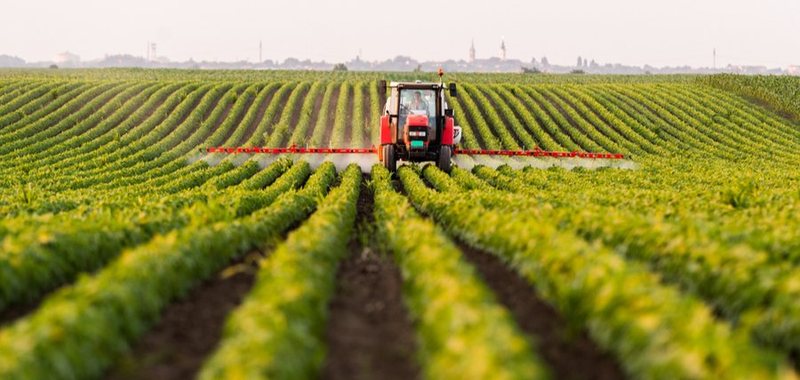
How to apply for free oil in agriculture? - Instructions/ Criteria and deadlines that farmers must meet
Farmers who want to benefit from cash payments for oil in agriculture must apply online, filling in the data through self-declaration and uploading the......
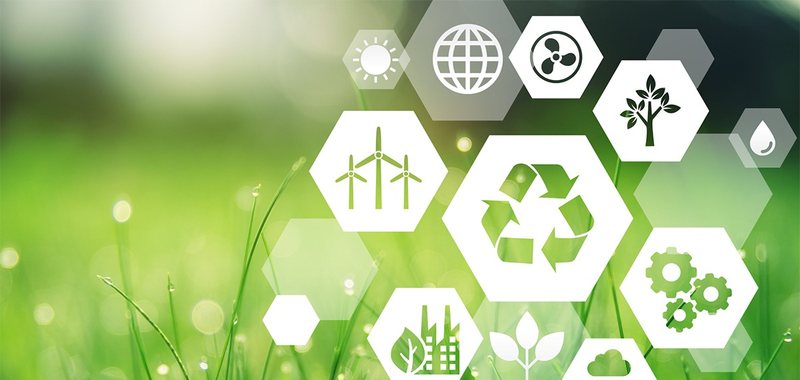
Production of environmental materials increases - INSTAT: 20.5 million tons were extracted, import dependence is estimated at 21.1%
Raw materials extracted from domestic natural resources increased by 1.3% in 2023, compared to 1 year earlier, reaching 20.5 million tons. The Institute of......
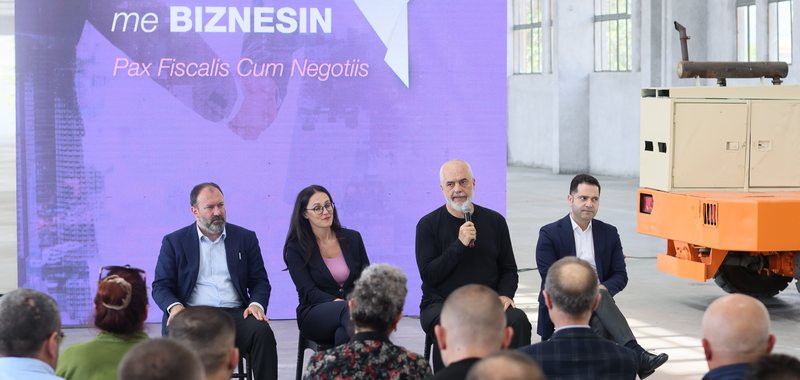
The government proposes the "Fiscal Peace" package - Rama: It is not an electoral program. We will reduce the informational burden
The Chairman of the Socialist Party, Edi Rama, presented the "Fiscal Peace" package during a conversation with business representatives in Elbasan. "It is......

European car sales rise in March - Electric vehicles "compensate" for the decline in diesel cars
New car sales in Europe rose 2.8% in March, driven by double-digit increases in Britain and Spain. Industry data showed that a surge in electric vehicle......
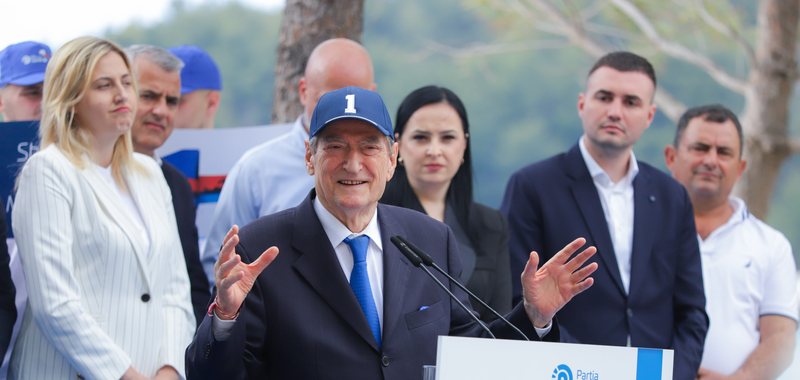
"We start Great Albania from compassion" - Sali Berisha presents the DP-ASHM candidates in Himara
Sali Berisha has presented the candidates for deputies of the DP-Alliance for a Greater Albania coalition in Himara. During his speech, the leader of the DP......
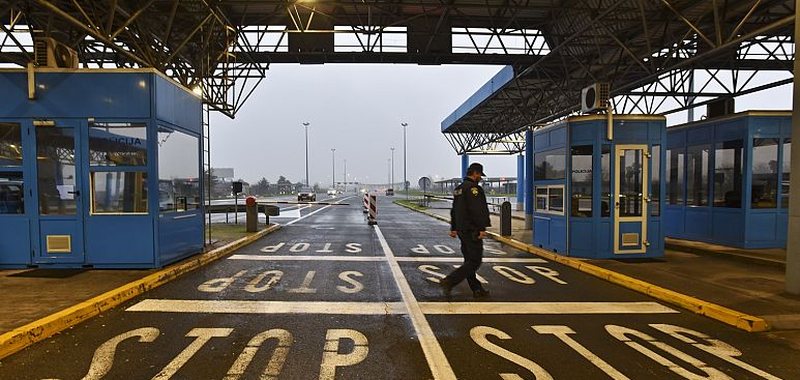
“Cross-border public services will be provided” - The aim of the Interoperability Framework, progress in the European digital single market
The Albanian public administration will cooperate with the administrations of the European Union member states, with the aim of exchanging information and......
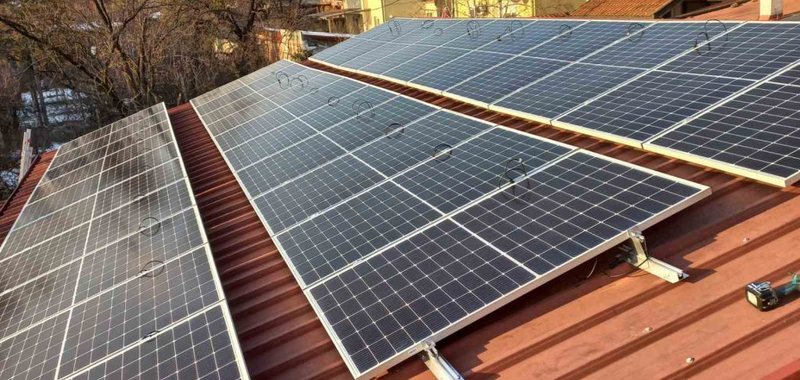
Solar production, 32% increase in 2025 - Europe, on track to break last year's record
Solar electricity production in Europe during the first quarter of 2025 increased by over 30% compared to the same months in 2024, setting the stage for......
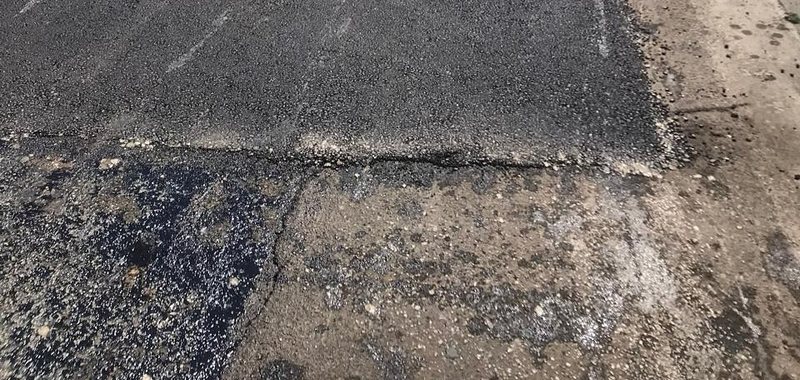
Plepa–Rogozhinë road segment/ ARRSH: The repair of the asphalt layer has been completed!
The Albanian Road Authority announced today that the intervention on the Plepa-Rogozhinë road segment, with a length of about 33 kilometers, a key part of......











